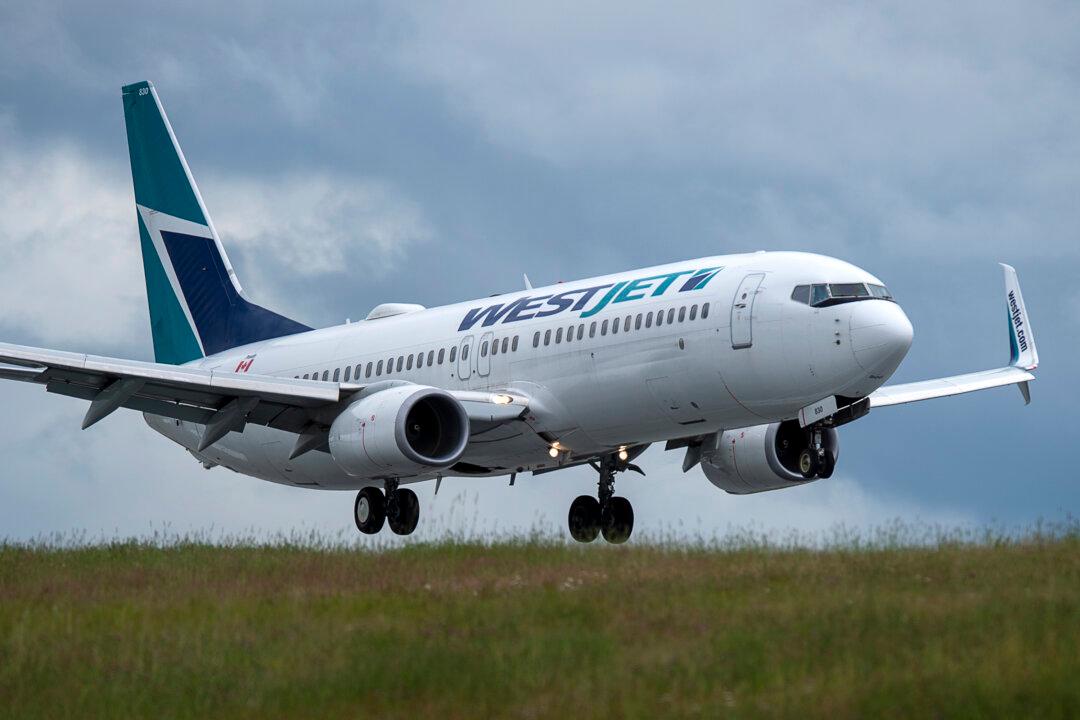Amid fierce competition, WestJet will wind down its Swoop subsidiary by late October as it folds the budget airline’s operations under its main banner, the airline said Friday.
The move marks a major shift in Canada’s aviation skyscape, arriving five years after Swoop first surfaced as a response to discount rival Flair Airlines’ launch in 2017.





